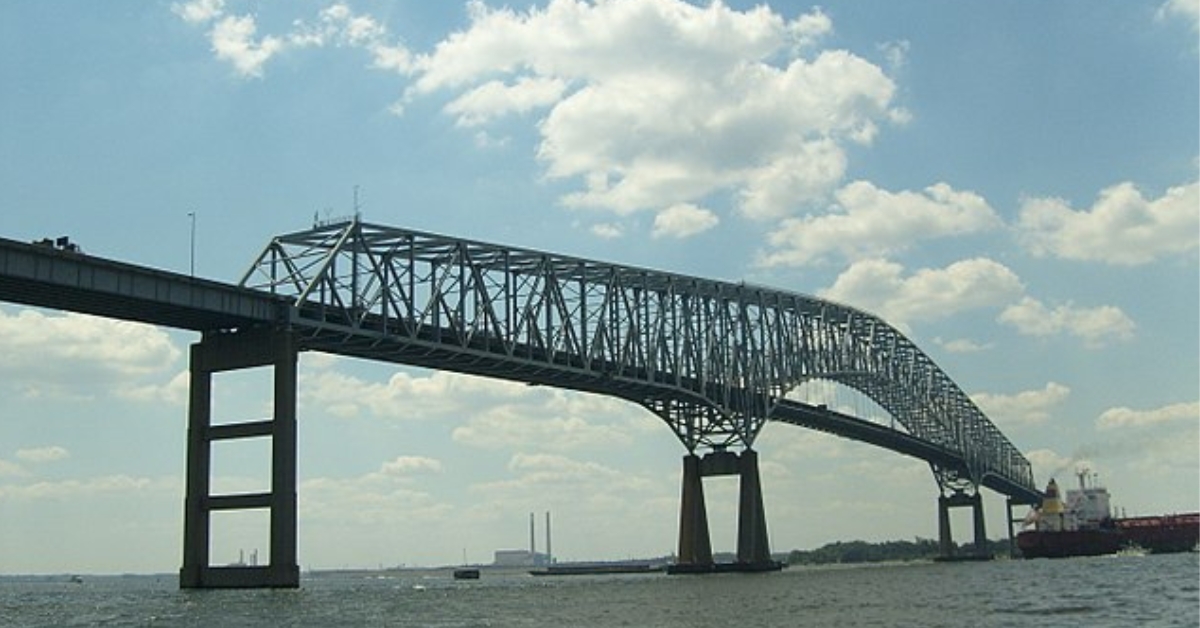
The Politics of Gutting and Rebuilding America’s Institutions
The following piece was posted by American Coalition advisor Bruce Abramson to his Substack.
Winning elections is not enough. To restore America’s founding ideals, we must leverage political victory to gut and rebuild our hopelessly corrupt institutions.
Wrap Up Time
To get back on track, our basic theme here is that America is in deep trouble. We live in a world far too complicated and interconnected to navigate without relying upon experts and institutions. Yet all of our important institutions and most of our experts are corrupt. In other words, we have to trust them but we can’t trust them. That’s bad.
As things stand, our corrupt institutions seem to be pushing us towards totalitarianism. If that push generates enough of a backlash, we could end up with two violent factions—one fighting for the totalitarianism and one fighting against it. That thought makes me—and I hope you—unhappy. I’m not a fan of either thought control or violence. I think both are worth avoiding. These days, that sort of attitude can earn you a reputation as a hard-core right winger. That’s bad, too.
The only workable remedy is thus to develop superior institutions and experts. Given how badly most of them have already rotted, however, the only way forward is to gut them, reuse what we can, and rebuild from the ground up. We’ve explored some of what that would mean in the public sector and some of what it would mean in the private sector. Now we’re down to the last piece: The role of electoral politics.
America’s Last Stand
It’s not enough to win elections. We must win elections and then leverage the power we’ve gained through victory. Unfortunately, the skills needed to win elections and the skills needed to leverage that power towards institutional reform are distinct. The best candidates are high-personality charismatics, great at gladhanding and eager to absorb the energy of the crowd. The best rebuilders are detail-oriented back-office types, far happier laboring outside the limelight. How are we supposed to find the right candidate?
In 2016, America got lucky. What it needed, more than anything else, was a wakeup call. After eight years of a weak and ineffectual Bush and eight years of an ideologically radical Obama, America needed someone to grab it by its lapels, get in its face, and sputter “Wake the f*ck up! Can’t you see what’s happening to you? You had it, but you’re losing it! Get it together or the whole thing’s gonna come crashing down!”
Could any American have filled that role better than Donald Trump? For not the first time, seemingly divine intervention handed America the leadership it needed at the moment it needed it. Under other circumstances, Trump would have been an uneasy fit. In 2016 he was pitch perfect.
2024, however, is not 2016. The ideal 2024 candidate must understand both what the Trump Administration got uniquely right (there was a lot) and what it got horribly wrong (also a lot). By 2024 America will need a restructuring more significant than anything since at least the New Deal. We may even need a new constitutional convention and a new constitution.
America needs a leader who understands the importance of personnel, of regulatory law, of deregulation, and of simplicity. America needs a leader bold enough to demystify many of the areas of life that we have empowered our experts to obfuscate. America needs a leader brave enough to ride out the reality that transitions—even from a bad place to a great place—always bring pain. America needs a leader who can ride out the fallout.
Trump 2024?
Could Donald Trump be that leader? Maybe. He’s not as clear a fit as he was in 2016, but he deserves a chance to show that he’s up to the challenge. It’s clear that he understands what he got right—our domestic, economic, and foreign policies have never been better than they were 2017-19. Some of them, like his work towards Middle East peace, continued throughout his entire term. If Trump returns to office, we can expect to see more of the same. That would be great news for America and for the world.
It’s not clear, however, that he understands how badly he got rolled in 2020: The shutdowns were an unmitigated disaster. He oversold the Covid vaccines. He was powerless in the face of nationwide riots. He failed to issue meaningful pre-election challenges. He ended up relying on institutions he distrusted to save our electoral integrity. That’s a lot of costly mistakes.
The more important question, however, is whether he appreciates his devastating failure on personnel. Trump never controlled the Executive Branch, the bureaucracy, or even his own hiring. The good people he brought into power were invariably swamped by the swamp. Too many of the people who worked for Trump were actually working against Trump. That’s intolerable under the best of circumstances. In today’s America it means that the very worst inclinations of our institutional and expert class escaped what should have been their demise. They simply laid low, enjoyed media cover, and sharpened their weapons. We’re living with the results.
I’ve been skeptical about Trump’s ability to do what most needs to be done for quite some time. Yes, I believe that he can win. I’m less certain that he can simultaneously grow the coalition and effect structural change. FDR got the New Deal not because it was a great idea (it wasn’t) or because it was necessary (it wasn’t). He got it done because he assembled the largest, broadest electoral coalition in American history. After the 1936 election, Democrats controlled the Senate 80-16! Now that’s clout! My longstanding goal has been a coalition so broad that it isolates the Woke. It’s hard to see Trump building such a coalition. Too many Americans dislike him.
Trump 2024 thus has several downsides: He’d leave non-Woke persuadables in opposition. He doesn’t seem to appreciate the gravity of his 2020 losses. He draws attention to things best done behind the scenes. He hasn’t been vetting the personnel he’ll need to staff his administration. Those have been my longstanding concerns.
Though they remain concerns, there may be viable responses. It appears that though Trump himself may not be lining up his team, folks in his orbit are (though I have to wonder, why has no one solicited my CV? I’m really quite impressive). Then came last week’s raid on Mar-a-Lago.
Now, I must confess: If you’d told me ten years ago that it was possible to run a clean multinational conglomerate that included construction and casinos, I would have laughed. Hard. Yet that’s precisely what Trump seems to have done. Since 2015, every aspect of everything Trump has ever touched has been gone over with a fine-tooth comb, and his inquisitors are still looking for a smoking gun. He seems to have run one of history’s cleanest business empires. Now his enemies have invented the implausible tale that he held nuclear secrets so dangerous that the FBI had to raid his residence—yet not dangerous enough for them to act upon their warrant immediately.
Trump 2024 would be by far the most vetted candidate in history. The fabrications will keep coming, but only the intentionally blind would give them any credibility. H’d also be a lame duck, relatively insulated from the political heat. He’s already proved that he can handle heat coming from other directions. In other words, Donald Trump is battle-tested like no candidate in American history.
Breathing Room or Restoration?
Winning a few elections will give us breathing room. If we want to restore America’s founding spirit, we’re going to have to rethink every one of our major institutions. And that will require a great deal of behind-the-scenes work.











